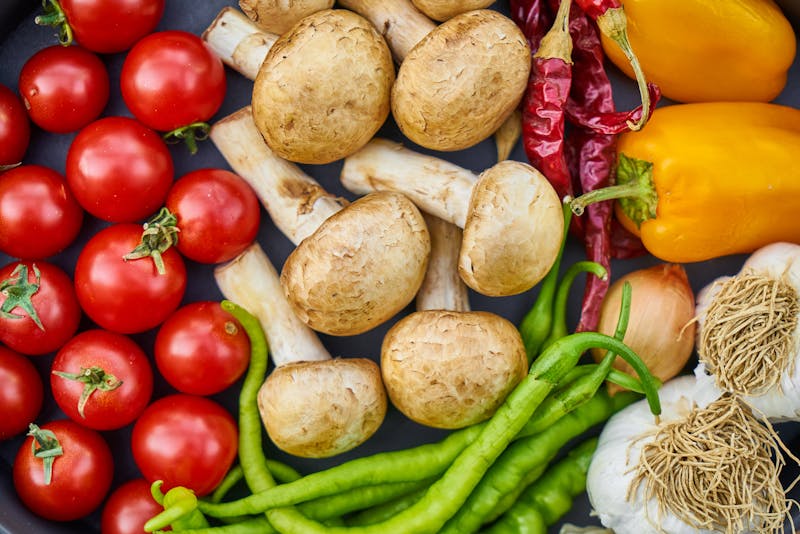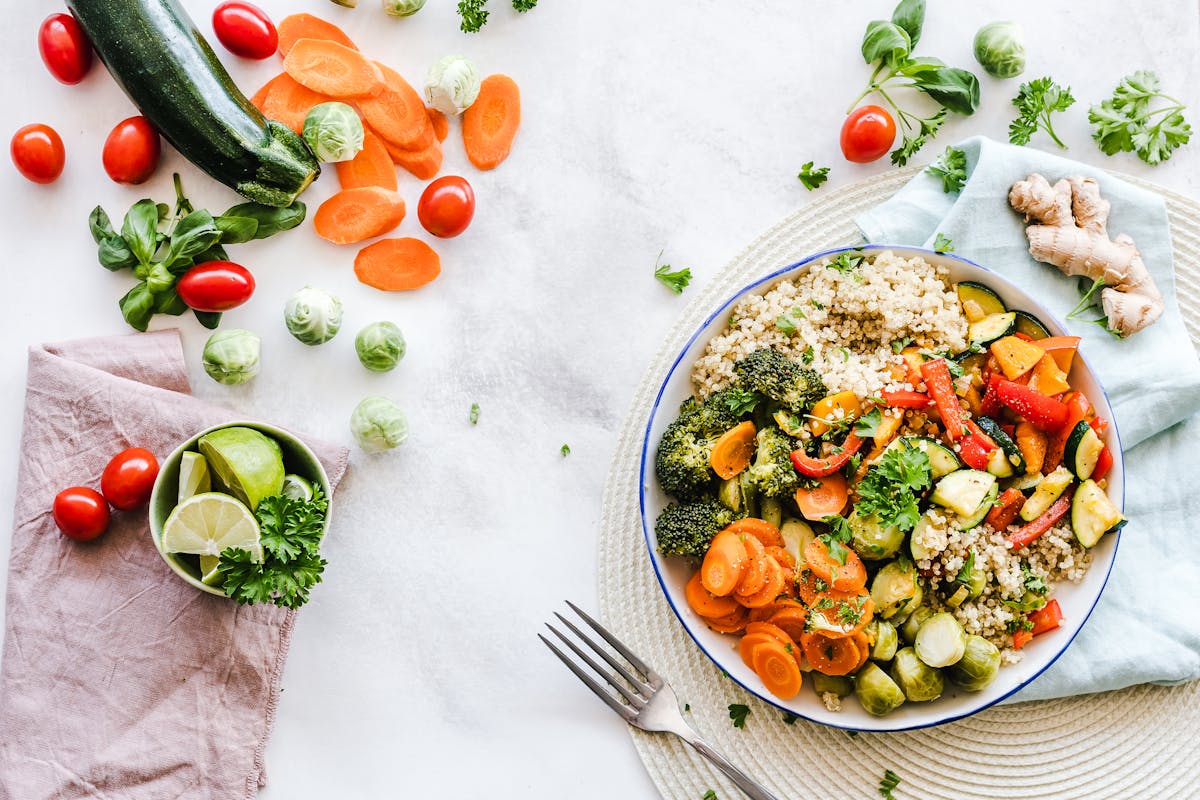Proper nutrition is the foundation of any successful fitness journey. For UK residents, this means adapting proven nutritional principles to work with British food culture, seasonal availability, and lifestyle patterns. This guide will help you fuel your fitness goals while enjoying the foods you love.
Understanding UK Nutritional Challenges
British eating habits present unique challenges and opportunities for fitness nutrition. From the traditional Sunday roast to the convenience of meal deals, understanding how to navigate the UK food landscape is crucial for success.
Common UK Dietary Patterns
- High carbohydrate intake: Bread, potatoes, and processed foods feature heavily
- Limited fresh produce in winter: Seasonal eating affects nutrient variety
- Convenience food reliance: Busy lifestyles lead to processed food consumption
- Social drinking culture: Alcohol calories often overlooked in fitness planning
- Irregular meal timing: Long work hours affect eating schedules

Macronutrients for UK Fitness Goals
Balancing your macronutrients doesn't mean abandoning British food favourites. Here's how to optimise each macronutrient using UK-available foods:
Protein: Building Blocks for Fitness
Target: 1.6-2.2g per kg of body weight daily
Best UK Protein Sources
- Lean meats: British beef, lamb, chicken breast
- Fish: Salmon, mackerel, cod, haddock
- Dairy: Greek yoghurt, cottage cheese, milk
- Plant-based: Lentils, beans, quinoa, nuts
- Convenience options: Protein powders, tinned fish, eggs
Carbohydrates: Fuel for Performance
Target: 3-7g per kg of body weight (depending on activity level)
Smart Carb Choices for UK Residents
- Whole grains: Oats, brown bread, wholemeal pasta
- Root vegetables: Sweet potatoes, parsnips, beetroot
- Traditional options: New potatoes, jacket potatoes
- Fruits: Apples, berries, bananas
- Pre-workout: Porridge, wholemeal toast, fruit
Fats: Essential for Health
Target: 20-35% of total daily calories
Healthy Fats Available in the UK
- Oils: Olive oil, rapeseed oil
- Nuts and seeds: Almonds, walnuts, flaxseeds
- Fish: Salmon, sardines, mackerel
- Avocado: Now widely available in UK supermarkets
- Dairy: Full-fat Greek yoghurt, cheese in moderation
Meal Timing for UK Lifestyles
British work schedules and social patterns require flexible nutrition strategies. Here's how to optimise your meal timing:
Pre-Workout Nutrition (1-3 hours before exercise)
- Early morning workouts: Banana with peanut butter
- Lunch break sessions: Light sandwich or yoghurt with fruit
- Evening workouts: Oats with berries or apple slices
Post-Workout Recovery (within 30-60 minutes)
- Protein shake with banana: Quick and convenient
- Tuna and crackers: Easy to prepare and transport
- Greek yoghurt with granola: Available at most UK shops
- Chocolate milk: Great recovery drink option

Hydration in the UK Climate
The UK's temperate climate doesn't mean you can ignore hydration. Cool temperatures and humidity can mask dehydration symptoms.
Daily Hydration Guidelines
- Baseline: 2-3 litres of water daily
- Exercise days: Add 500-750ml per hour of activity
- Winter months: Indoor heating increases fluid needs
- Monitor: Urine colour should be pale yellow
UK-Friendly Hydration Options
- Herbal teas: Count towards daily fluid intake
- Sparkling water: Add variety without calories
- Diluted fruit squash: Low-sugar options available
- Coconut water: Natural electrolyte replacement
Seasonal Eating for UK Fitness
Adapting your nutrition to British seasons can improve both performance and satisfaction with your diet.
Spring/Summer Focus
- Fresh produce: Maximise local berries, leafy greens
- Lighter meals: Salads, grilled proteins, fresh fruits
- Increased hydration: More outdoor activities require extra fluids
Autumn/Winter Adaptations
- Warming foods: Soups, stews, warming spices
- Root vegetables: Seasonal, nutrient-dense carbohydrates
- Vitamin D: Consider supplementation during dark months
- Comfort without guilt: Healthier versions of winter favourites
Budget-Friendly Fitness Nutrition
Eating for fitness doesn't have to break the bank. Here are cost-effective strategies for UK residents:
Money-Saving Tips
- Buy in bulk: Oats, rice, lentils, frozen vegetables
- Seasonal shopping: Choose produce that's in season
- Meal prep: Cook large batches to save time and money
- Store brands: Often identical quality at lower prices
- Protein alternatives: Eggs and legumes are cheaper than meat
Weekly Meal Prep Strategy
Sunday Prep Session (2-3 hours)
- Cook large batch of protein (chicken, salmon, lentils)
- Prepare grains (brown rice, quinoa, pasta)
- Chop vegetables for the week
- Make overnight oats for breakfasts
- Portion snacks into containers
Common UK Nutrition Mistakes
Avoid these common pitfalls that can derail your fitness goals:
- Skipping breakfast: Leads to poor food choices later
- Meal deal trap: Convenient but often high in calories and low in nutrients
- Weekend binge eating: Undoing weekday progress
- Ignoring liquid calories: Alcohol and sugary drinks add up
- All-or-nothing mentality: Perfectionism leads to giving up
Start Your Nutrition Journey Today
Remember, the best nutrition plan is one you can stick to long-term. Start with small changes, focus on whole foods available in the UK, and don't be afraid to adapt traditional British meals to support your fitness goals.
